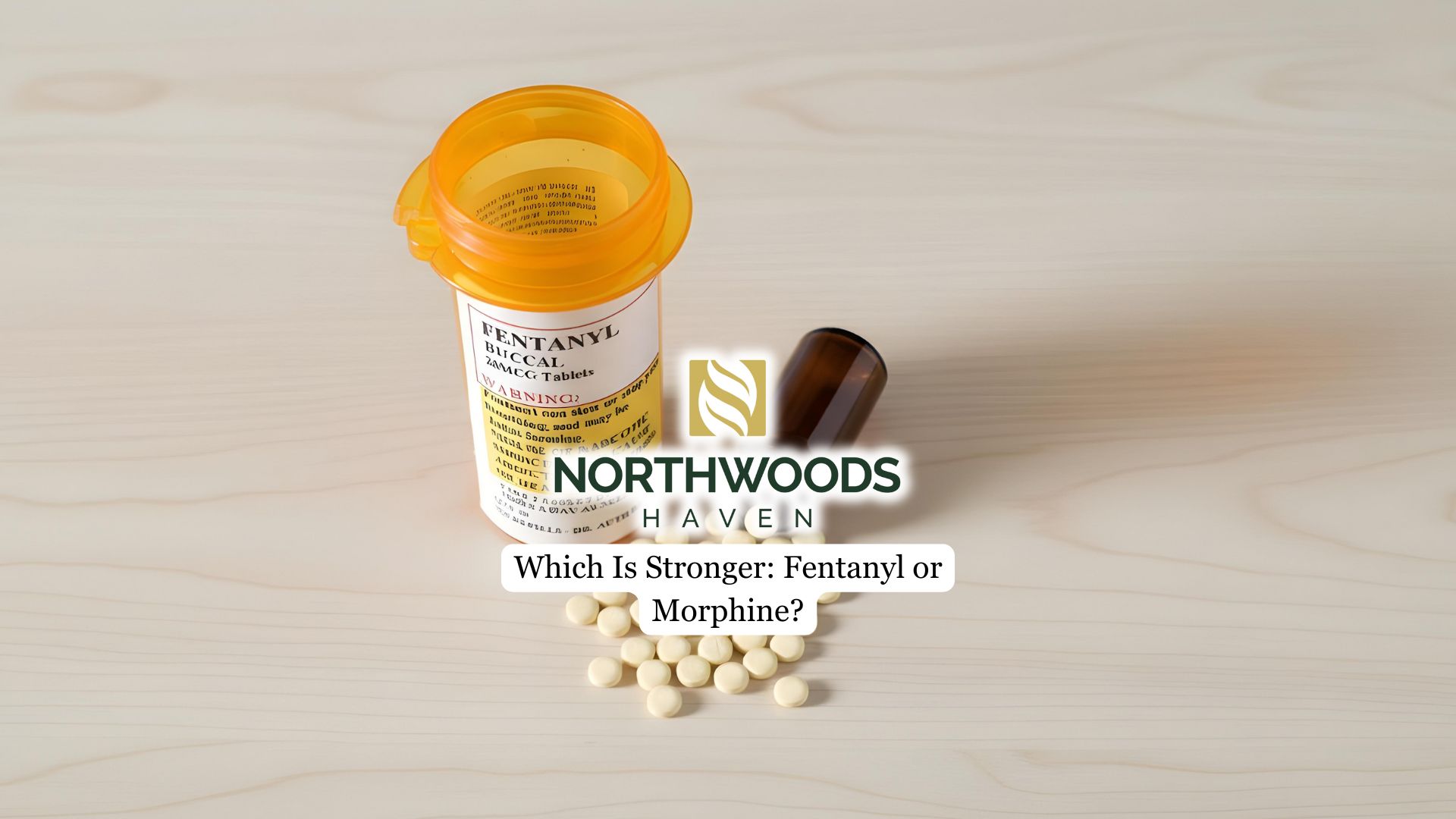An Intensive Outpatient Program (IOP) acts as a critical link between inpatient treatment and traditional outpatient care, providing a structured yet adaptable approach to recovery. These programs are especially beneficial for individuals who have completed inpatient treatment and are transitioning back to daily life. They are also ideal for those who require more support than standard outpatient programs can provide but do not need the intensive supervision that inpatient care offers.
This article aims to highlight the key aspects and structure of IOPs for addiction treatment, helping individuals make informed decisions when seeking help.
Definition and Purpose of Intensive Outpatient Programs
Intensive Outpatient Programs (IOPs) offer a structured yet flexible treatment option for individuals battling substance use disorders who don’t require 24/7 medical supervision. These programs are designed to help you maintain your daily responsibilities while receiving the support and care you need to overcome addiction.
In an IOP, you’ll typically attend therapy sessions for at least 9 hours per week, which may include group therapy, individual counseling, and life skills classes. The primary purpose of these sessions is to help you develop coping strategies for managing triggers and cravings in your daily life, ultimately reducing the risk of relapse.
IOPs are particularly suitable if you’re transitioning from inpatient care or have a mild to moderate substance use disorder and a stable support system at home.
Key Components of IOPs
The structured routine and tailored approach of an IOP will address your emotional, behavioral, and cognitive needs, promoting healing and growth in a supportive environment through the following components:
Individual Counseling
During these one-on-one sessions, you’ll work closely with a licensed professional to address the specific challenges related to your substance use disorder. Together, you’ll develop coping strategies and explore underlying issues that may have contributed to your addiction.
Your counselor will utilize evidence-based therapeutic approaches, such as Cognitive-Behavioral Therapy (CBT), to help you build essential skills for maintaining sobriety and preventing relapse. These sessions offer a safe, non-judgmental space where you can openly discuss your thoughts, feelings, and experiences.
Individual counseling is an integral part of your IOP treatment plan, with sessions typically scheduled on a weekly or bi-weekly basis. This regular contact allows your counselor to assess your progress, adjust your treatment as needed, and provide the ongoing support and guidance necessary for long-term recovery.
Group Therapy
In Intensive Outpatient Programs, you’ll engage in group sessions lasting 2-3 hours, multiple times a week.
Group therapy offers a sense of community and support, helping individuals feel less isolated. Participants connect over shared experiences, which is essential for achieving lasting recovery. The collaborative nature of group therapy allows members to learn from one another’s experiences, providing diverse perspectives and coping strategies. By sharing their progress and goals with the group, participants are held accountable, fostering motivation to remain committed to their recovery. This shared accountability can be a powerful motivator.
The group setting helps to reduce feelings of isolation and shame, which are common among those struggling with addiction. Participants come to realize that they are not alone in their battles, which can greatly boost their self-esteem and confidence.
Psychoeducation
Psychoeducation is a vital component of the program, as it equips you with knowledge about the nature of addiction, its impact on the brain, and the recovery process.
You’ll learn about coping mechanisms and relapse prevention strategies to help you navigate high-risk situations and maintain sobriety in your daily life. Through educational sessions, you’ll identify triggers and acquire skills to manage cravings effectively.
Psychoeducation also involves family involvement, providing your loved ones with insight into addiction dynamics, which can improve communication and foster a supportive home environment. By participating in evidence-based psychoeducational approaches, you’ll be empowered with the tools necessary for sustained recovery and healthier lifestyle choices.

Medication Management
During your IOP, you’ll undergo regular assessments by healthcare professionals who’ll monitor the effectiveness of prescribed medications for substance use disorders and any co-occurring mental health issues. These assessments allow for individualized treatment plans that adapt to your changing needs throughout the recovery process.
Your IOP may provide access to medication-assisted treatment (MAT), which combines behavioral therapy with medications like buprenorphine or naltrexone to support recovery from opioid use disorders. You may also receive medications to help manage withdrawal symptoms, cravings, or mental health concerns.
Collaboration between medical staff and therapists ensures that medication management aligns with your therapeutic goals, enhancing overall treatment effectiveness and reducing relapse risk.
Regular follow-ups and adjustments to your medication regimen are crucial components of your IOP, allowing for a tailored approach that prioritizes your well-being and long-term recovery success.
Family Involvement
You’ll likely participate in multi-family therapy sessions, where you and your loved ones can enhance communication, rebuild trust, and learn effective coping strategies together.
Family psychoeducation is another essential aspect of IOP, helping your support system comprehend the complexities of addiction and reducing stigma. By engaging your family in the treatment process, you’ll create a more supportive environment that’s crucial for long-term recovery success.
Some IOPs even offer specific programming tailored to families, addressing the unique dynamics of addiction within the family unit.
Studies have shown that strong family support significantly contributes to positive treatment outcomes, so embrace their involvement as an integral part of your healing process.
Principles Guiding Intensive Outpatient Programs
Intensive Outpatient Programs (IOPs) for addiction treatment follow a set of guiding principles that ensure effective, evidence-based care tailored to each individual’s unique needs. The ASAM Criteria serve as a foundation for determining the appropriate level of care for those with substance use disorders, considering factors such as the severity of addiction, co-occurring mental health issues, and overall functioning.
IOPs emphasize evidence-based therapies like Cognitive-Behavioral Therapy (CBT) and Motivational Interviewing (MI) to help you develop coping strategies, modify unhealthy thought patterns, and build motivation for change. These approaches are proven to be effective in addressing the underlying causes of addiction and promoting long-term recovery.
Family involvement is another key principle in IOPs, as addiction often impacts the entire family system. By incorporating family therapy and education, IOPs aim to improve communication, heal relationships, and create a supportive environment that fosters your recovery journey.
For guidance on choosing the right program, check out our article on What to Look for in an IOP for Addiction Treatment.
Structure and Duration
IOPs typically require a minimum of 9 hours per week, divided into 3 sessions lasting 2-5 hours each. This structure allows you to engage in therapy while maintaining your daily responsibilities, such as work or family commitments.
The duration of your IOP treatment will depend on your individual needs and the severity of your substance use disorder, ranging from 2 weeks to 3 months. During this time, you’ll attend sessions 3-5 days a week, focusing on various therapeutic components like group therapy, individual counseling, and life skills education.
Many IOPs also offer virtual options to enhance flexibility and accessibility, ensuring you can balance treatment with your personal commitments. Learn more on How to prepare for Intensive Outpatient Treatment.
Effectiveness of IOP
Intensive outpatient treatment has been shown to produce outcomes similar to inpatient programs, making them a viable option if you need flexibility while maintaining recovery support. Studies indicate that participants in IOPs demonstrate significant reductions in substance use and improved psychosocial functioning after completing treatment.
IOPs can effectively address co-occurring mental health disorders, with integrated care approaches leading to improved overall well-being.
The structured nature of these programs is linked to increased accountability and lower relapse rates compared to less intensive outpatient options.
The combination of group therapy and individual counseling in IOPs fosters a supportive environment, enhancing recovery outcomes through peer connections and shared experiences. Here we have an article on the benefits of IOP for addiction treatment.
Final Thoughts from Northwoods Haven Recovery
IOPs offer a flexible treatment option that many find appealing. They provide the structure and intensity of traditional therapy while also allowing individuals to practice their new skills in real-life situations. This approach not only helps maintain sobriety but also reinforces the skills learned during treatment, making the transition to long-term recovery smoother.
Through therapeutic talks, educational experiences, and encouraging environments, Northwood Haven Recovery’s IOPs for addiction treatment promote positive progress and purposeful change.
The effectiveness of an IOP largely depends on the individual’s commitment to recovery and their ability to implement the skills and strategies learned in the program into their everyday lives.



